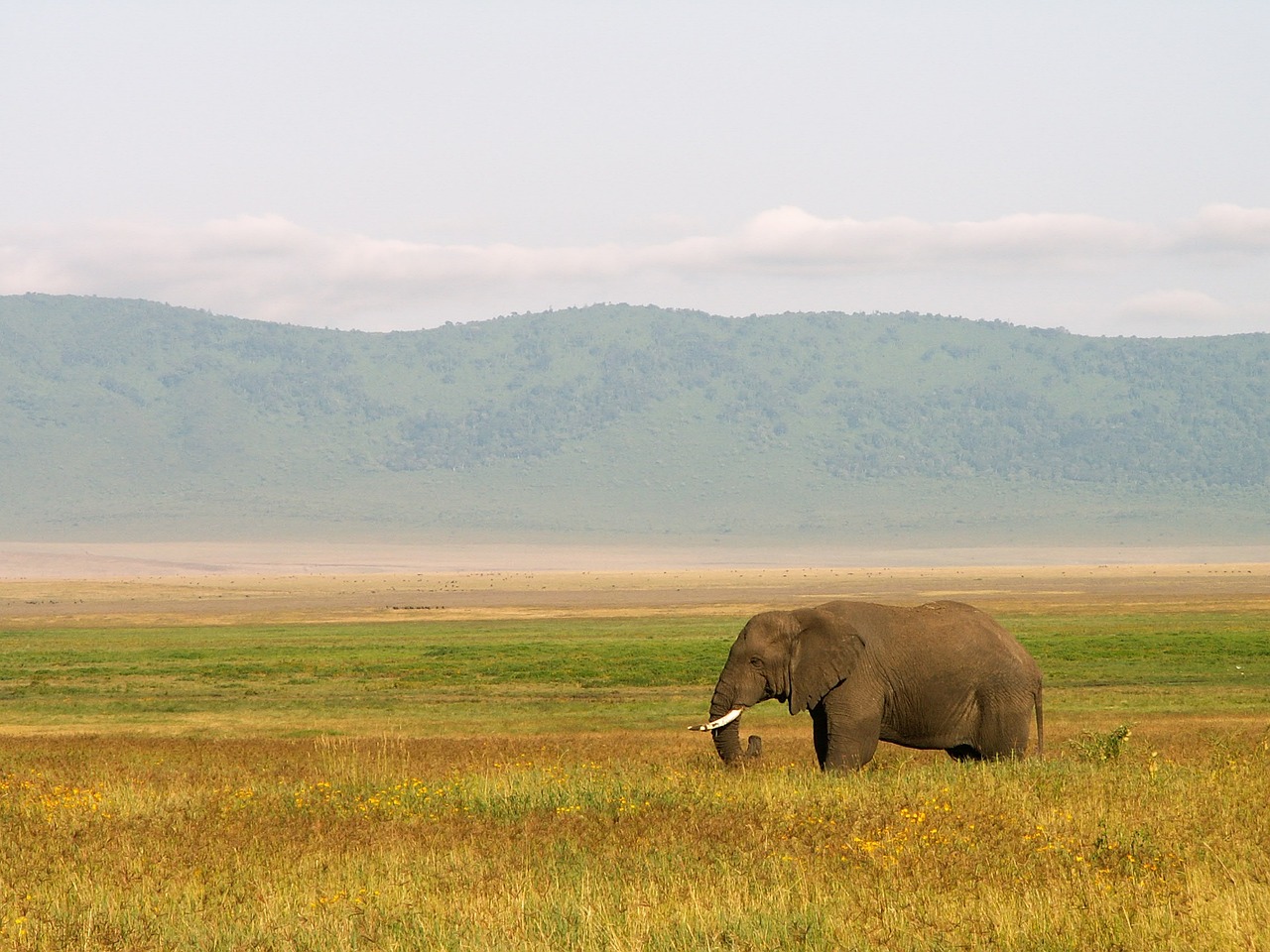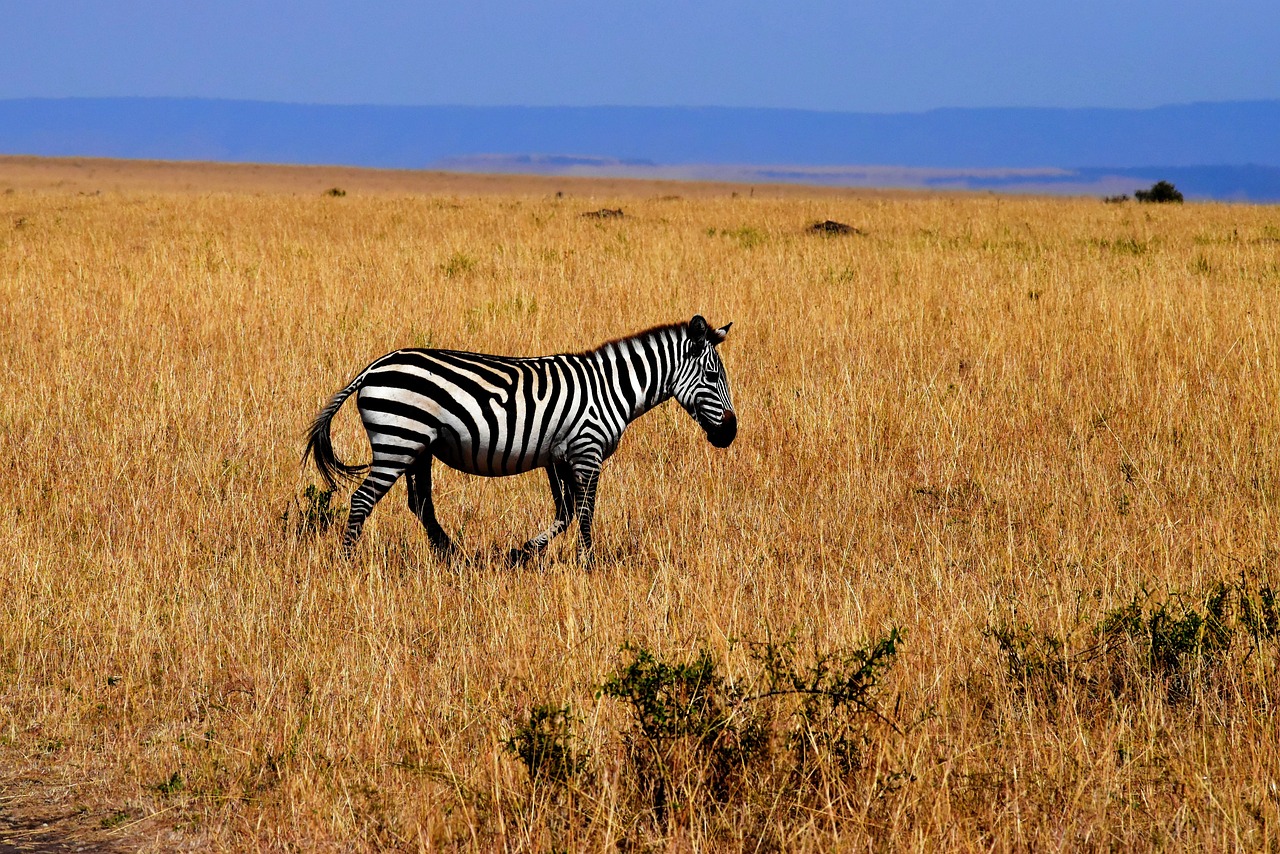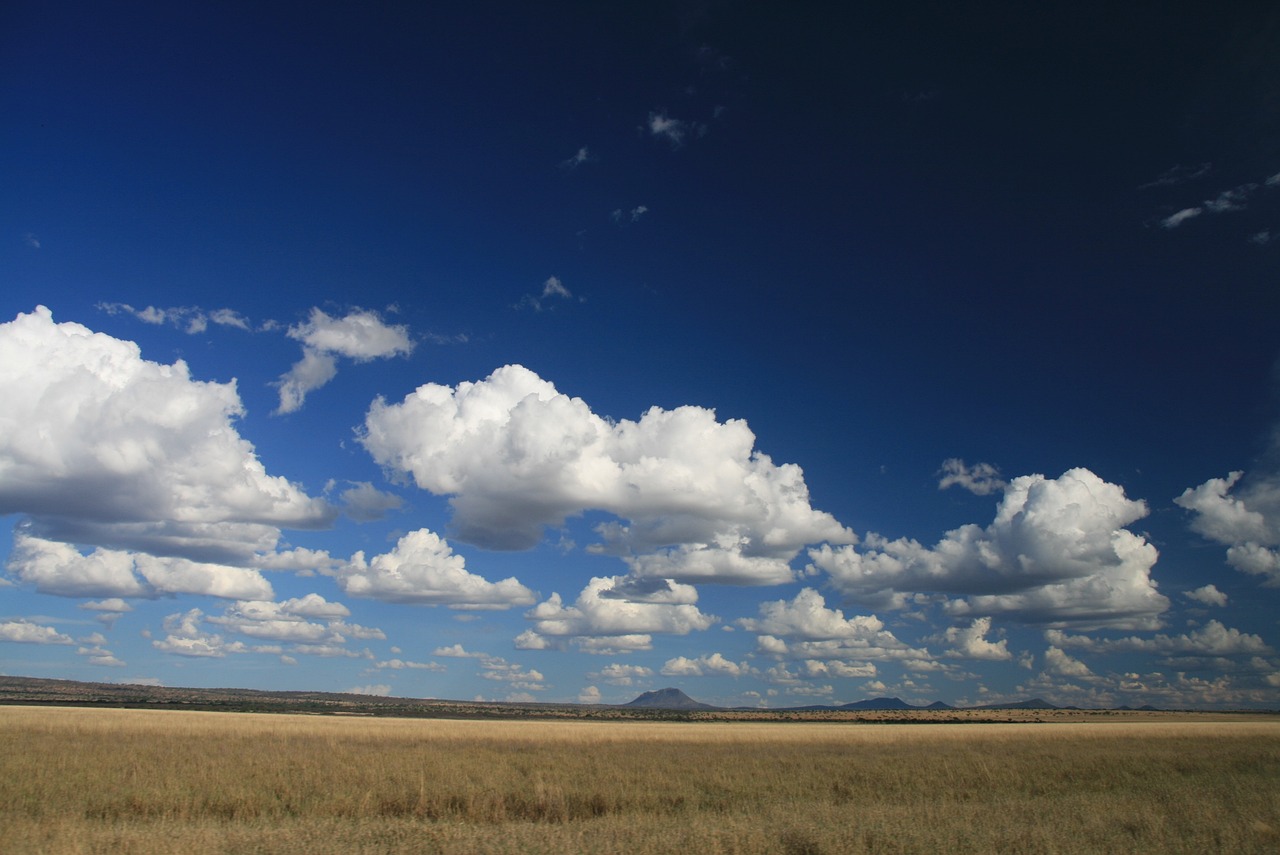Avoiding Tourist Traps in Tanzania
Tanzania is a stunning country in East Africa known for its diverse wildlife, breathtaking landscapes, and rich cultural heritage. As a popular tourist destination, it’s important to be aware of potential tourist traps that can detract from your experience. In this article, we will provide insider tips on how to avoid these traps and make the most of your visit to Tanzania.
Understanding Local Customs and Traditions
1. Dress Appropriately: Tanzania is a conservative country, and it’s important to respect local customs by dressing modestly, especially when visiting religious sites or rural areas.
2. Greeting Etiquette: Tanzanians value greetings and it’s customary to greet people with a handshake and a warm “Jambo” or “Habari.” Take the time to exchange pleasantries before getting into any business or conversation.
3. Cultural Sensitivity: Be mindful of cultural differences and avoid behaviors that may be considered disrespectful, such as pointing with your finger or showing the soles of your feet.
Choosing Accommodation Wisely
1. Research and Read Reviews: Before booking accommodation, thoroughly research different options and read reviews from previous guests. Websites like TripAdvisor and Booking.com are great resources for finding reliable information and honest reviews.
2. Consider Location: Choose accommodation that is centrally located or close to the attractions you plan to visit. This will save you time and transportation costs.
3. Safety and Security: Prioritize safety when selecting accommodation. Look for properties with good security measures, such as 24-hour reception, secure entrances, and well-lit common areas.
Eating and Drinking Safely
1. Stick to Bottled Water: To avoid waterborne diseases, always drink bottled water and use it for brushing your teeth. Ensure the seal on the bottle is intact before consuming.
2. Eat at Popular and Busy Restaurants: Opt for restaurants that are busy with locals, as this is a good indication of quality and freshness. Avoid street food unless it is being prepared and served in a hygienic manner.
3. Check for Food Hygiene Certifications: When dining out, look for restaurants that display valid food hygiene certifications. This ensures that proper food handling and safety standards are being followed.
Navigating Transportation
1. Use Licensed Taxis: When using taxis, ensure they are licensed and use a meter or agree on a price before starting the journey. Avoid unmarked vehicles or individuals offering unsolicited rides.
2. Research Public Transportation: If you plan to use public transportation, research the routes and schedules in advance. Buses and minibusses, known as “dala dalas,” are common modes of transport in Tanzania.
3. Ride-Sharing Apps: Consider using ride-sharing apps like Uber or Bolt for convenient and reliable transportation. These apps provide upfront pricing and can be a safer option.
Exploring Wildlife Safely
1. Choose Responsible Tour Operators: When booking wildlife safaris or tours, ensure you choose operators that prioritize animal welfare and follow ethical practices. Look for organizations that support conservation efforts.
2. Maintain a Safe Distance: While observing wildlife, maintain a safe distance to avoid disturbing the animals or putting yourself at risk. Follow the instructions of your guide and respect the natural habitat.
3. Do Not Feed the Wildlife: Feeding wildlife can disrupt their natural behavior and create dependency. Refrain from feeding animals, even if they approach you.
Understanding Pricing and Bargaining
1. Research Average Prices: Before making purchases or booking services, research the average prices to have an idea of what to expect. This will help you identify potential scams or overpriced items.
2. Bargain with Respect: Bargaining is common in Tanzania, especially in markets and street stalls. However, always bargain respectfully and avoid aggressive or confrontational behavior.
3. Be Wary of Too-Good-to-Be-True Deals: If a deal seems too good to be true, it probably is. Exercise caution and trust your instincts when approached with offers that sound too good to be true.
Respecting the Environment
1. Avoid Littering: Keep Tanzania’s natural beauty intact by disposing of trash properly. Carry a reusable water bottle and avoid single-use plastics whenever possible.
2. Stick to Designated Trails: When hiking or exploring national parks, stick to designated trails to minimize your impact on the environment and protect fragile ecosystems.
3. Respect Wildlife and Marine Life: Do not disturb or touch wildlife or marine life. Respect their natural habitat and observe them from a safe distance.
Tanzania Image 1:

Interacting with Local Communities
1. Seek Cultural Experiences: Engage in cultural experiences that are respectful and offer a genuine exchange with local communities. Look for community-based tourism initiatives that benefit the local population.
2. Learn Basic Swahili Phrases: Learning a few basic Swahili phrases will go a long way in connecting with locals and showing your respect for their language and culture.
3. Support Local Businesses: Opt for locally-owned shops, restaurants, and accommodations to support the local economy and foster sustainable tourism.
Tanzania Image 2:

Staying Safe and Healthy
1. Obtain Travel Insurance: Before traveling to Tanzania, ensure you have comprehensive travel insurance that covers medical emergencies and repatriation.
2. Vaccinations and Medications: Consult with a healthcare professional or travel clinic to determine the necessary vaccinations and medications for your trip to Tanzania.
3. Be Aware of Scams: Be vigilant and aware of common scams targeting tourists. Avoid sharing personal information with strangers and be cautious when using ATMs or exchanging currency.
Preserving Cultural and Natural Heritage
1. Visit Responsible Tourism Sites: Choose to visit cultural and natural heritage sites that promote responsible and sustainable tourism practices. These sites often contribute to the preservation of Tanzania’s unique heritage.
2. Respect Photography Restrictions: Some cultural sites or communities may have restrictions on photography. Respect these guidelines and always ask for permission before taking photos of individuals.
3. Educate Yourself: Take the time to learn about the cultural and natural heritage of Tanzania before your visit. This will enhance your understanding and appreciation of the places you explore.
Tanzania Image 3:

Conclusion
By following these insider tips, you can avoid tourist traps in Tanzania and have an incredible and authentic experience. Remember to respect local customs, choose accommodation wisely, eat and drink safely, navigate transportation carefully, explore wildlife responsibly, understand pricing and bargaining, respect the environment, interact with local communities, stay safe and healthy, and preserve the cultural and natural heritage of this beautiful country.
References
– TripAdvisor: www.tripadvisor.com
– Booking.com: www.booking.com
– Centers for Disease Control and Prevention: www.cdc.gov
– Lonely Planet: www.lonelyplanet.com
– Tanzania Tourist Board: www.tanzaniatourism.go.tz

